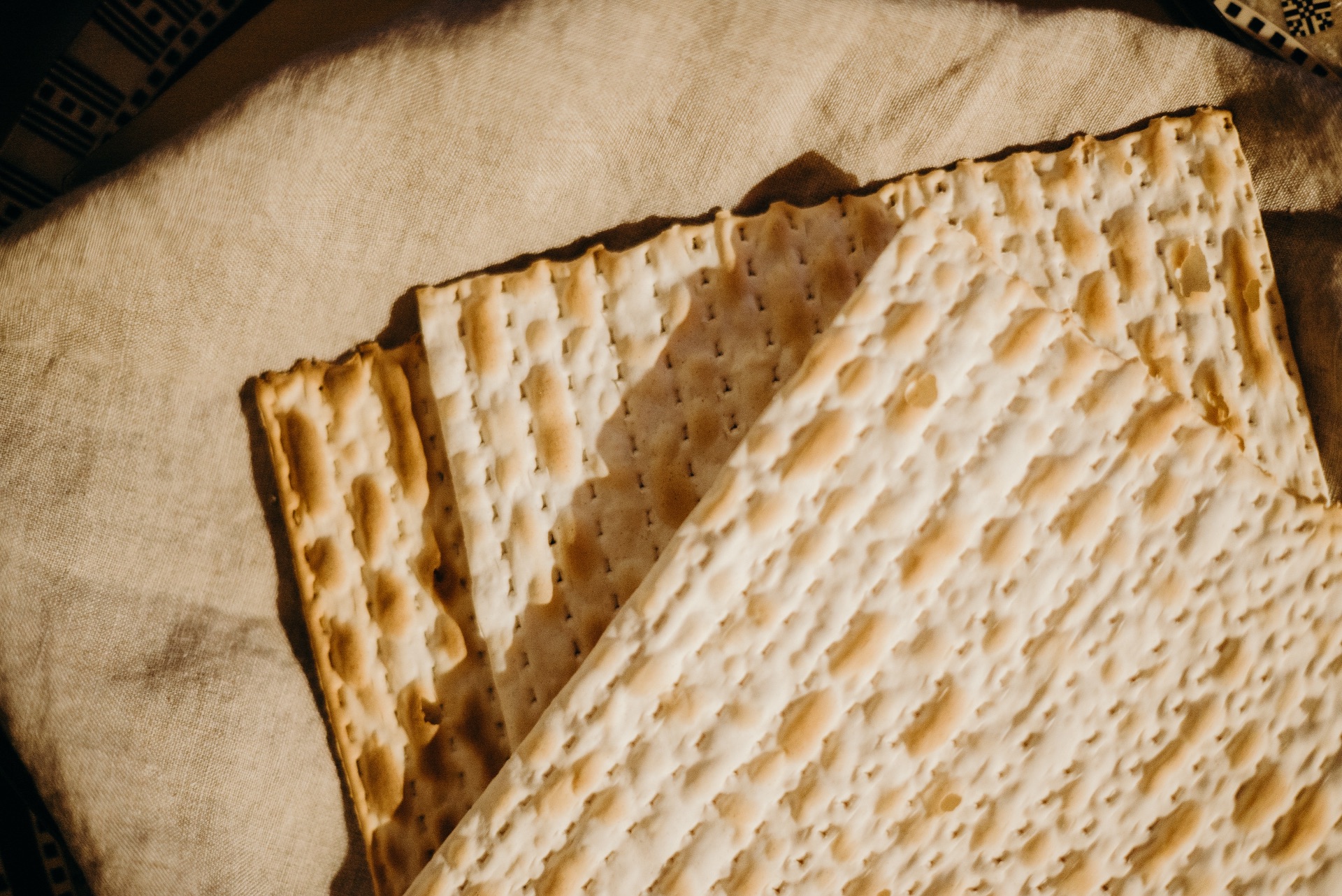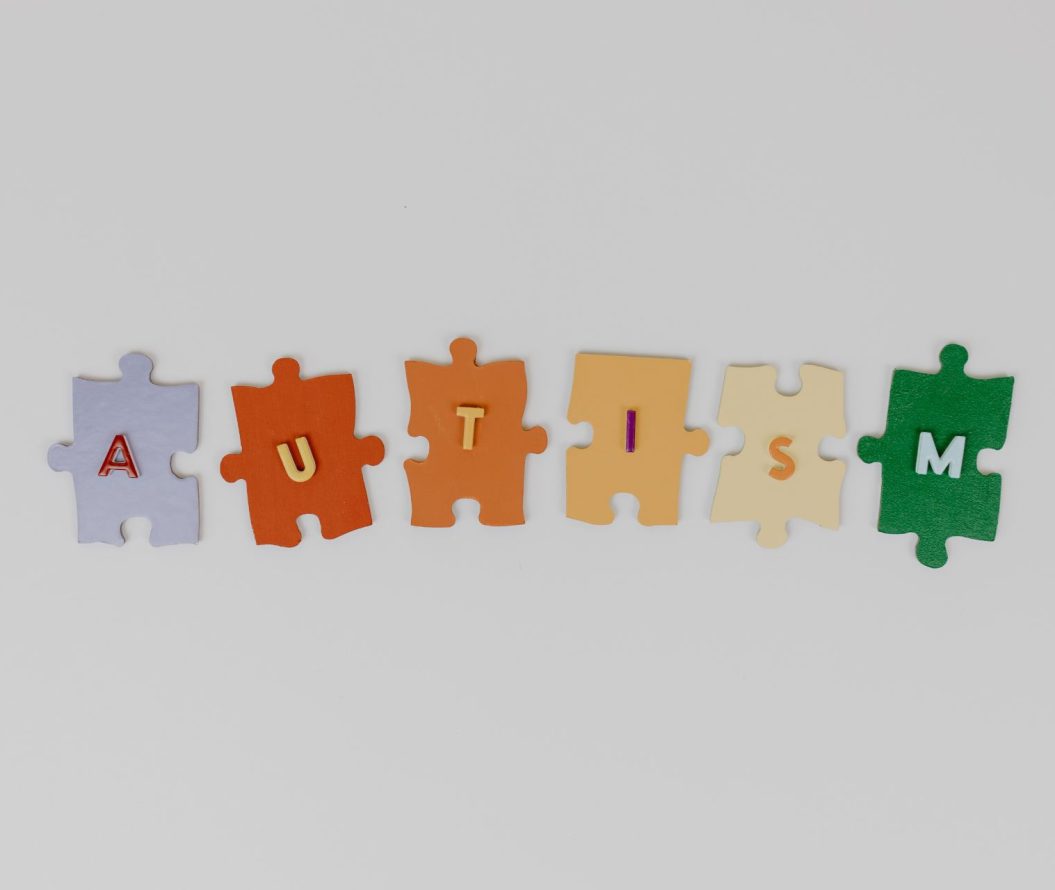Hi everyone my name is Hannah and I'm a third year student studying Biomedical Science. I'll be starting my MSc in Data Science and Applied Analytics next year. Outside of university I've really enjoyed teaching myself to crochet over the…

Passover
Passover is a holiday celebrated by Jews around the world. It’s eight days long and commemorates their freedom from slavery…
April 8, 2023,
read.
Passover is a holiday celebrated by Jews around the world. It’s eight days long and commemorates their freedom from slavery in ancient Egypt. This year, it begins on the 5th of April at sundown and ends on the 13th of April at sundown too. Despite the date changing every year in the English calendar, Passover always falls on the 15th day of the Hebrew month Nissan though to the 22nd.
History behind Passover
The Jewish people were enslaved and subjected to intense labour by the Pharaoh according to the Book of Exodus in the Torah. God sent Moses to free the Jews. Moses first asked the Pharaoh to let his people go, however when he refused – God sent down the plagues. These were ten plagues that caused havoc to the Pharaoh’s people. For the last plague, God asked the Jews to offer a goat or lamb and smear their blood above the door of the house to show it was Jewish. God then went to the houses not smeared with the blood and killed the first born son, passing purposely over the Jewish homes. This is why Passover is known as Pesach in Hebrew and means “to pass over”. This last plague finally caused the Pharaoh to let the Jewish people go. From there, they wandered the desert for forty years before going to Mount Sinai, also known as the ‘Mountain of Moses”. This is where God appeared to Moses and gave him the Ten Commandments.

Celebration of Passover
Passover is celebrated first by a Seder meal. This is held on the first two nights of Passover. This meal begins with a ritual blessing on wine and reading the Haggadah, which recounts the journey of the Jewish people from Egypt to their holy land.
There are six meals on the Seder plate, all with their own symbolic meaning.
- Matzah represents the uprisen bread the Jews left when leaving Egypt
- Zero represents the lamb sacrificed on the night before their release from Egypt
- Beitzah (egg) symbolises offerings brought to the temple
- Chazeret and Maror (herbs, often horseradish) symbolise the bitterness of slavery
- Charoset (a Jewish traditional dish made from wine, nuts, apples and pears) this represents the bricks made by the Jews as slaves
- Karpas (vegetables) represents the hard work of the enslaved Jews

In addition, it’s also customary to give up any food or drinks containing wheat, oats, rye, barely or spelt. This is known as Chametz and is any food which isn’t completely cooked within 18 minutes after coming into contact with water. This is a reminder of when the Jewish people fled Egypt with uprisen dough.



